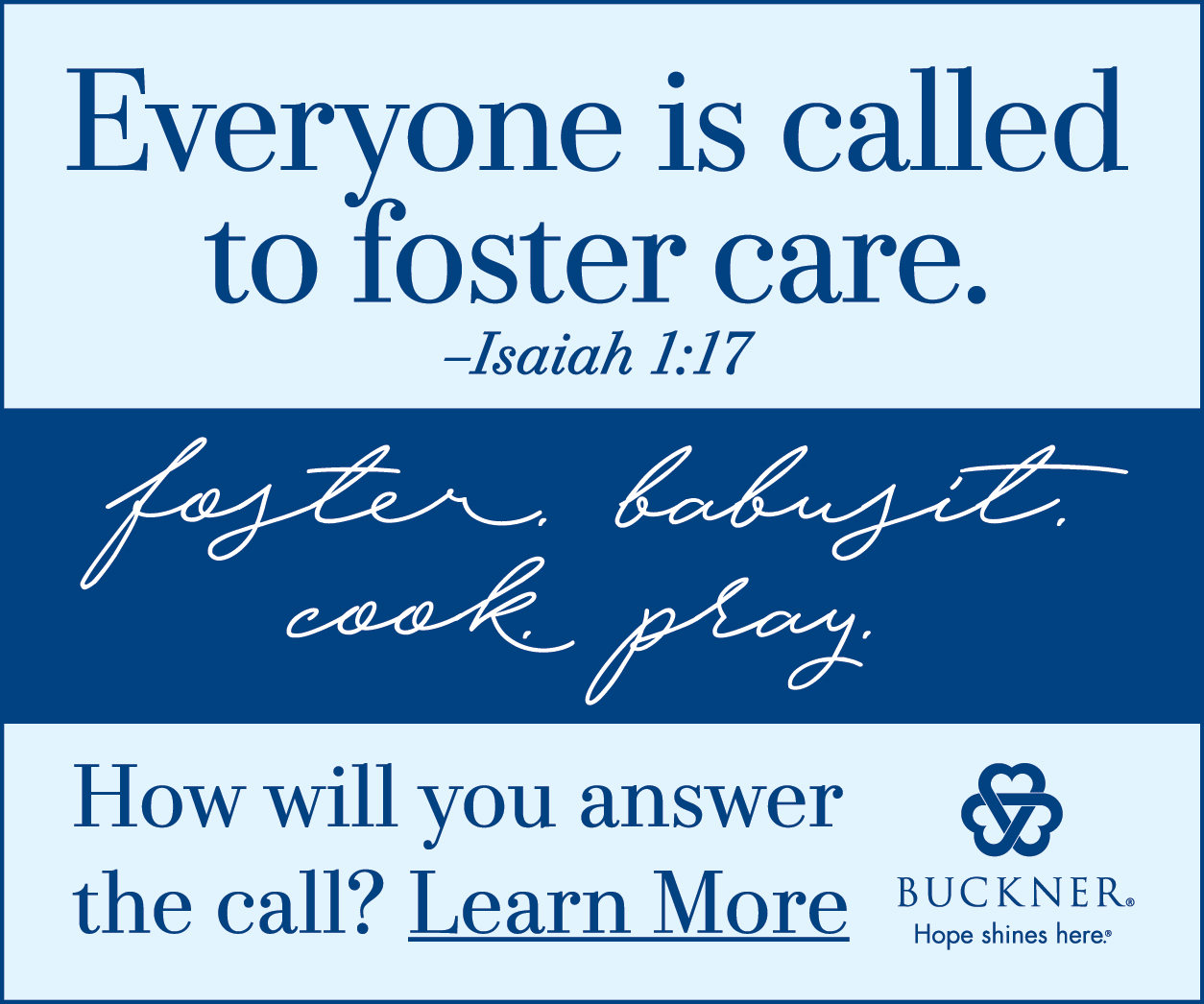- The Explore the Bible lesson for Jan. 24 focuses on Luke 4:16-30.
Our students in the Graduate School of Ministry at Dallas Baptist University are required to write a life purpose statement. They typically do this in one of the first courses they take, and then they are required to restate it in the final course of their degree program. It’s always interesting for students to see how their life purpose statement has been refined or clarified after two or three years taking ministry preparation courses.
Articulating a life purpose statement is a good exercise for anyone, and especially for any believer. Here’s one definition: “A life purpose statement simply captures an overriding theme already present in your life. It puts down in words the true work you are here to do: the cause you will pursue, the wound in individuals or society you will seek to heal, the problem you will devote your life to fixing. It states the highest, purest, most others-oriented aim of your life.”
Did you know that Jesus had a Life Purpose Statement? As he began his public ministry, he articulated it in the very first sermon he ever preached. It’s found in our focal Bible study passage for this week: “The Spirit of the Lord is on me, because he has anointed me to proclaim good news to the poor. He has sent me to proclaim freedom for the prisoners and recovery of sight for the blind, to set the oppressed free, to proclaim the year of the Lord’s favor” (Luke 4:18-19, NIV).
Focused on helping those who are hurting
What was the focus of Jesus’ life purpose statement? It clearly centered on people—specifically on the purpose of helping people who were hurting. In quoting from Isaiah 61:1-2, Jesus stated that he was going to focus on these kinds of people—the poor, the prisoner, the blind, the oppressed. These were the hurting people of his day—and ours.
In that last verse, Jesus talked about “proclaiming the year of the Lord’s favor.” When God created the nation Israel, he established “the year of the Lord’s favor,” also known as the “Year of Jubilee.” This was to be a year in which all debts would be cancelled, prisoners would be let go, slaves would be set free, and all land purchased in the past 50 years would revert back to its original owner. How sad is it that there is no specific reference anywhere in Scripture that speaks of Israel ever fulfilling this divine mandate? Their obstinance so angered God, in the book of Jeremiah he said he would send his people into captivity because of their disobedience. It was there in captivity Isaiah wrote these words that Jesus would later quote.
God cared about people who were hurting—then and now.
Jesus is the Year of Jubilee in the flesh
The late Robert Parham, founder and executive director of the Baptist Center for Ethics once wrote: “Luke 4:18-19 is one of the most ignored, watered down, spiritualized or glossed-over texts in many Baptist pulpits, evading or emptying Jesus’ first statement of his moral agenda. Jesus said the gospel was for the poor and oppressed, speaking to those at the margins of society. Jesus was announcing that he came to liberate from real oppressive structures the marginalized—the impoverished, the war captives, the poor in health, the political prisoners. Jesus came to turn the economic structures upside down, instituting the year of Jubilee when crushing debts were forgiven and slaves were freed.”
In commenting on the Luke 4 passage, Arkansas pastor, judge and activist Wendell Griffen exhorted: “Are there poor among us? Then the purpose of Jesus should impel us to address the causes of that poverty. Are there oppressed people among us? Then the purpose of Jesus should impel us to address the systems that keep them down, and the despair that prevents them from seeing a way out. Are their wounded and afflicted people among us? Then the purpose of Jesus calls us, pleads with us, and impels us to enter their suffering experience and be divine agents of liberation, healing, recovery and hope. Make no mistake, my friends. This is not a call to tourism Christianity where we drop in on suffering people at times and under circumstances we find convenient. This is a call to travel the Jericho Roads where people are beaten, bruised, and abandoned by the systemic powers of our time. It is a call to enter into the experience of people who are cast out of life because they are different. It is a call to walk like Jesus, live like Jesus, pray like Jesus, love like Jesus, heal like Jesus, be criticized like Jesus, become labeled as subversive like Jesus, and even to suffer like Jesus.”
When Jesus quoted Isaiah’s words in his first sermon in his hometown synagogue, he was in essence proclaiming that he—himself—was going to be the Year of Jubilee. He would be on a good news freedom mission for the helpless, the hopeless and the hurting.
Sign up for our weekly edition and get all our headlines in your inbox on Thursdays
That was the life purpose statement of Jesus. How does your life purpose statement match up with his?
Jim Lemons is professor of theological studies and leadership at Dallas Baptist University. He is a senior adult Sunday school teacher at Park Cities Baptist Church in Dallas.















We seek to connect God’s story and God’s people around the world. To learn more about God’s story, click here.
Send comments and feedback to Eric Black, our editor. For comments to be published, please specify “letter to the editor.” Maximum length for publication is 300 words.